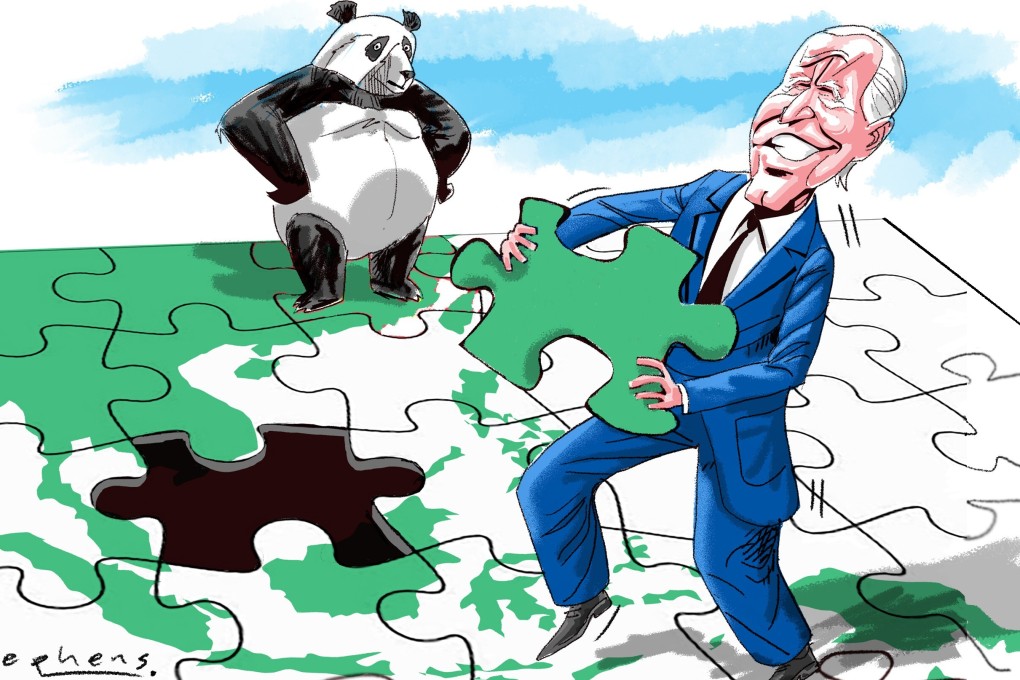Opinion | Joe Biden cannot afford to repeat Donald Trump’s mistake of leaving Southeast Asia to China
- For all their cautious public remarks, Southeast Asian governments still fret over China’s influence and would welcome a return to US engagement in the region
- A foreign policy better geared to Southeast Asia’s needs is not incompatible with promoting US economic and security national interests or competing with China

As US President-elect Joe Biden maps out his transition plan, Southeast Asia probably will not be high on an agenda littered with urgent challenges. The Biden team should not let other matters crowd out Southeast Asia for too long, though.
Still, however careful their public remarks, Southeast Asian governments do not want to be left on their own with China. A reinvigorated US diplomatic strategy, one that encompasses competition with China while valuing Southeast Asian partnerships in their own right, would be welcomed across the region.
To rebuild influence, the incoming Biden administration will have to work better with the grain of the region. This undoubtedly will produce its share of frustrations given the caution of most Southeast Asian countries, the region’s anxiety about “Asean centrality” and the patchy performance of regional institutions.

06:04
US-China relations: Joe Biden would approach China with more ‘regularity and normality’
